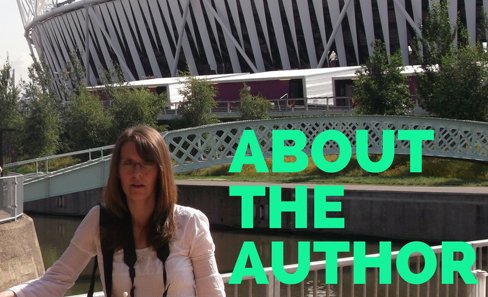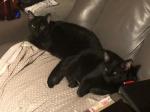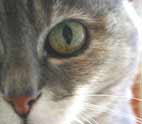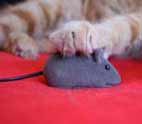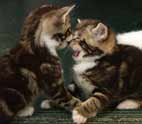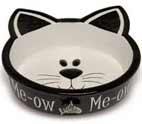Cat Not Eating, Why?
Is your cat not eating?
Well you might not be surprised to learn that this is not an uncommon problem for most cat owners. Cats are renowned for being fussy eaters and they will frequently go through periods of loss of appetite (vets will call any period of not eating cat anorexia by the way). But there are many possible causes, some serious. So it is always important to take your cats loss of appetite seriously every time.
So let's take a look at some of the possible causes why your cat not eating and how best to treat them.
Important: It is always advisable to take your cat to see a vet if they do stop eating suddenly. A cat can become seriously ill if they do not eat for a couple of days only. It is always best to rule out any possible medical causes for the loss of appetite.
Common Causes Why Your Cat Is Not Eating
Fussy Eater
Its important to understand a cats likes and dislikes when it comes to their eating habits. That way you will be better prepared for those times your so called fussy cat decides he no longer likes his usual food.
Fussy eater is the wrong term to use really, as cats are not fussy eaters they just know what's good for them and will always choose the best option.
Cats like fresh food, if it is in the least bit stale they will walk away from it. In the wild dogs will scavenge for food and eat anything they find, a cat will not. Naturally a cat will eat fresh meat, along with some vegetation, such as grass.
So when you find your cat has suddenly gone off of their favorite food, it could be that particular batch of food is not as fresh as usual. Or they may have changed the ingredients or could even be using substandard ingredients.
What To Do: Cat Not Eating
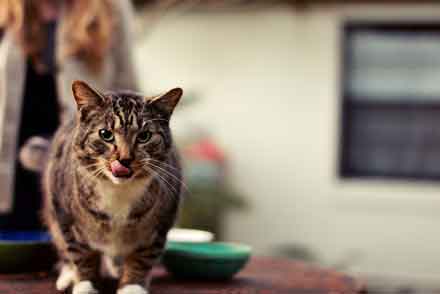
- Always choose the best cat food on the market, this way you can be sure that the ingredients will be of quality and it is more likely that your cat will choose to eat it. Buy cheap and you could find your cat turning their noses up at it (and for good reason).
- Always feed food at room temperature or slightly warmer, cold food from the fridge will have no smell to your cat and so will be unappealing to them.
If you choose to feed your cat only home cooked food, be aware that this has to be thought our very carefully to ensure that you are feeding your cat a complete nutritional diet. Just feeding cooked fresh meat will not be enough to keep your cat healthy and in fact could cause severe health problems. All good quality commercial food will be balanced for optimal health, but do check the ingredients, don't always believe the information on the front of the label.
Cat Flu
Cat flu is horrible and apart from the sneezing, nasal discharge and blocked nose, one of the main symptoms will be that you notice your cat not eating.
However it is important that your cat does eat some food, to enable them to remain stronge enough to fight the illness.
Solution:
Because your cat cannot smell their food they will not want to eat. So all you can do is to find the strongest smelling food they like (fish is good) and to warm it up so that it smells really strong. Feed small amounts by hand if necessary to encourage them to eat.
Small amounts frequently will be the best way to help your cat through their flu and ensure that they do not become weak or dehydrated.
Cat Not Eating Due To Stress
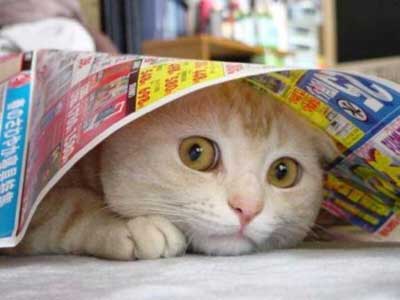
Yes cats can get stressed too, in fact many things can cause your cat to feel anxious. Such as:
- Loud noises (fireworks)
- New Babies
- Change of home
- Other animals or people visiting the home
One of the most common ways this stress is shown by your cat is that they stop eating.
Solution:
Start off by offering your cat their favorite food from your hand a small piece at a time. Then after they have taken a couple of bits drop a few more into their bowl. Always gentle stroke and praise your cat as they eat to make the experience a positive one.
Now fill the bowl up and place it on your lap so that your cat can eat from it with you. This will make them feel safe and secure. After this place the bowl back on the floor in its usual spot but stay with the cat and continue to praise them.
If all else fails your vet may want to prescribe an appetite stimulant to get them eating once again.
Fur Balls
As any cat owner knows, our feline friends can be prone to having hair balls. This is caused when loose hair is digested while they are grooming and forms a mass in the stomach.
Most cats will be able to get rid of these nasty uncomfortable balls easily one end or the other. But there are times when it may take a little longer and from personal experience I know that until they are able to pass the fur ball they will often go off of their food. Instead you will probably see them eating more grass than usual, which helps them to pass the hair.
What You Can Do To Help:
|
Hartz Hairball Remedy Plus Paste for Cats and Kittens, 2.5 Oz. |
Age
As a feline becomes older their nutritional needs change. They won't be as active as they once were and so do need so many calories. Older cats can look naturally thinner than normal, but this does not necessarily mean they are under fed. Senior cats will lose muscle tone and this can make them look a little ragged and thin.
They may also be suffering from conditions such as arthritis and may need supplements in their diet to keep them mobile.
Older cats can also lose their sense of smell or at the very least it may become impaired. This is often a reason why your older stops eating. Their sense of taste may also become less and so their usual food can become bland to them and no one likes bland food.
What to do if cat not eating as normal:
Choose a food designed for older cats. Specially prepared foods for the older feline will contain less protein and phosphorus which will make the food easier to digest. It will also contain fewer calories, ensuring that your cat does not gain weight due to lack of exercise and too much food.
If your elderly cat is reluctant to eat, warm the food to around 35oC (blood temperature and feed smaller meals throughout the day rather than the usual two large meals.
Provide a variety of flavors to make the food more appealing and should encourage them to want to eat.
Conclusion
It can be a real worry when your cat stops eating and I know from experience just how serious it can be sometimes. If a cat does not eat for a few days they can become prone to fatty liver disease and this is one of the main reasons why it is important that you take note of what your cat is eating and to take action as soon as you notice any changes in appetite.
As explained above, in most cases the loss of appetite can be resolved easily as long as there are no underlying illness which needs treatment.

